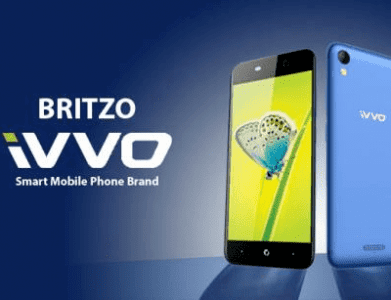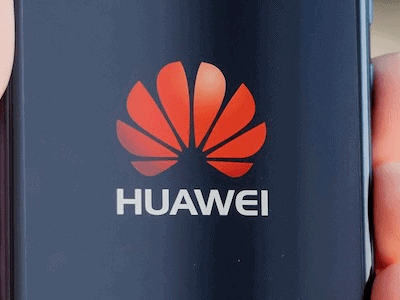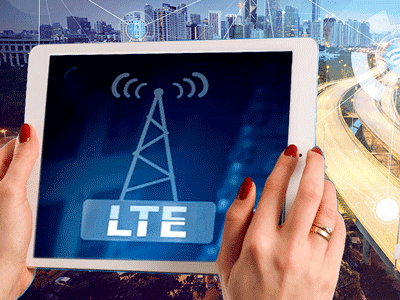A lot is being spoken, written and discussed about Research In Motion’s (RIM’s) new OS, the BlackBerry 10 (BB 10) that is expected to be launched in late January / early February 2013. RIM and some industry folks have been saying that BB 10 is going to be a game changer for the company in many markets including India. Well, I have reasons to contradict this view. Here I go…
- When RIM first introduced the BlackBerry services to India it was the first reliable mobility solution for enterprises in the country. For the first time, users could access their emails while on the go, at a time when emails had really started to become very important and in most cases needed to be answered promptly for business exigencies. Today, the scenario has undergone a sea change. I have a plethora of devices to choose from – Smartphones and Tablets from a large number of OEMs that allow me to do pretty much what I would have used a BB for five years ago. So, why should I go with BlackBerry even if BB 10 promises to give me an enhanced experience in terms of user friendliness, touch etc?
- India as a country has advanced much in terms of availability of mobile broadband services. At the time of the first BlackBerry launch in India, we didn’t even have good 2.5G data services, not to mention 3G or going forward 4G / LTE. Today, an urban subscriber like me has access to high speed broadband data services, which can keep me online and provide access to a range of Internet applications / services over my Smartphone or Tablet.
- BYOD has become a reality. The number of organisations that have taken up BYOD formally, in India today might not be an appealing number, but this is a trend that is fast catching on and it is only a matter of time before the adoption rises. This means, Indian CIOs have allowed Smartphones and Tablets of multiple vendors to talk to the enterprise networks. There are now solutions available that allow me to virtually split my device to organise personal and business data separately on a single device. So CIOs are even more comfortable with BYOD. In this scenario how does BlackBerry 10 aim to deliver a competitive advantage to RIM in the enterprise security realm?
- Last but not the least, an important factor is consumer behaviour with respect to devices like Smartphones. Consumers have shown more ‘stickiness’ with a particular OS as compared to a device brand. So we see users enjoying the experience of being on the Android OS more than a particular Android OS-based OEM phone brand. Users want to be able to subscribe to different offerings on the same platform and even if they switch to a new OEM device, it should be a platform where one has the choice of selecting from a range of service offerings. In the case of BlackBerry 10, I am bound to stay with RIM. How can a user compromise on this restriction of his / her ‘fundamental right’ of exercising choice?
Unless RIM finds answers to these questions and clearly elucidates differentiators, which positions the new BlackBerry OS differently, and BB 10 enables it, there is not likely to be a rush on the part of users to adopt mobile devices based on the new OS. Maybe, for a short spell of time RIM may gain some mind share as many enthusiasts would consider trying out BB 10, but this alone will not be sustainable in the long run. I believe the time has come when RIM should consider making its OS available to all device OEMs, and allow them to develop interesting solutions for consumers as well as enterprise users. Else, it will be very difficult for a standalone mobile vendor such as RIM to retain or regain market share, doing everything by themselves.












